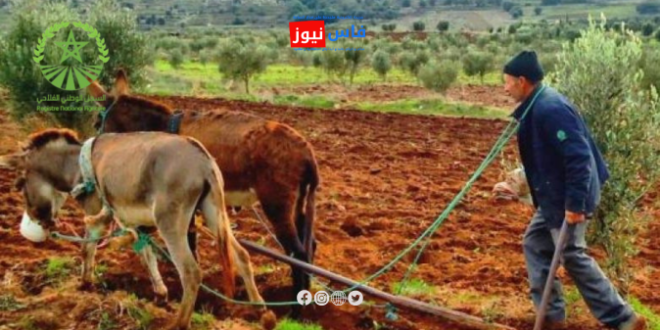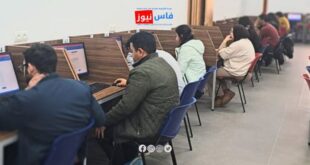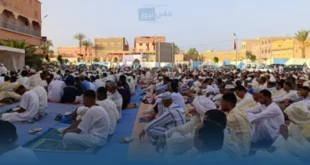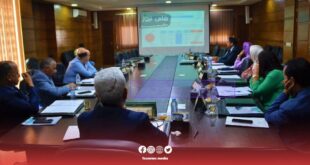The Ministry of Agriculture is preparing to launch the National Agricultural Registry in the Fes-Meknes region as part of the Green Generation Strategy, following the successful pilot in the Tangier-Tetouan-Al Hoceima region. The project aims to provide an accurate census of farmers and farms in the area, enabling the restructuring of the agricultural sector, improving the targeting of government support, and enhancing transparency in the distribution of agricultural resources. The ministry has announced the mobilization of specialized technical teams on March 24 to update the agricultural database and ensure the accuracy of the collected information. This strategic step will contribute to more effective targeting of government support policies and provide precise data on the nature of agricultural lands, types of crops, and farmers’ needs.
The project will facilitate the development of rapid intervention plans to address agricultural crises such as droughts and floods, while also enhancing farmers’ ability to benefit from financing and agricultural insurance programs. The National Agricultural Registry is considered a pivotal tool for improving the management of agricultural resources, as it allows for tracking agricultural production from its early stages, thereby strengthening Morocco’s ability to develop its agricultural sector and export high-quality products in line with international standards. The Fes-Meknes region boasts 1.33 million hectares of agricultural land, representing 15% of the total agricultural area in the Kingdom, and includes 1.25 million hectares of irrigated land, equivalent to 9% of the national total, making it one of the most important regions in terms of agriculture.
The activation of the National Agricultural Registry in the region will improve agricultural planning capabilities and identify the actual needs of small and medium-sized farmers. It will also enable the state to enhance oversight and ensure that support is directed to those who deserve it, rather than being distributed through traditional methods that may open the door to favoritism and clientelism. The project will also serve as a key tool for modernizing the sector by providing training and capacity-building programs for farmers and facilitating their access to financing through more transparent and accessible channels.
Despite the importance of this ambitious initiative, its success will depend on the commitment of the relevant authorities to implement it transparently and effectively, as well as the responsiveness of farmers to registering in this new system. Challenges facing the project include the availability of sufficient logistical and human resources to ensure the success of the census process, as well as the need to simplify procedures so that the process does not become an administrative burden for small farmers who already face limited resources.
As this project enters the implementation phase in the Fes-Meknes region, attention remains focused on its actual impact on improving agricultural production, developing agricultural infrastructure, and making the sector more modern and efficient. The Ministry of Agriculture is betting on this registry as a decisive tool for ensuring a comprehensive digital transformation in Morocco’s agricultural sector. However, its success will depend on overcoming bureaucratic obstacles and the seriousness of farmers in embracing this new transformation.
 فاس نيوز ميديا جريدة الكترونية جهوية تعنى بشؤون و أخبار جهة فاس مكناس – متجددة على مدار الساعة
فاس نيوز ميديا جريدة الكترونية جهوية تعنى بشؤون و أخبار جهة فاس مكناس – متجددة على مدار الساعة













